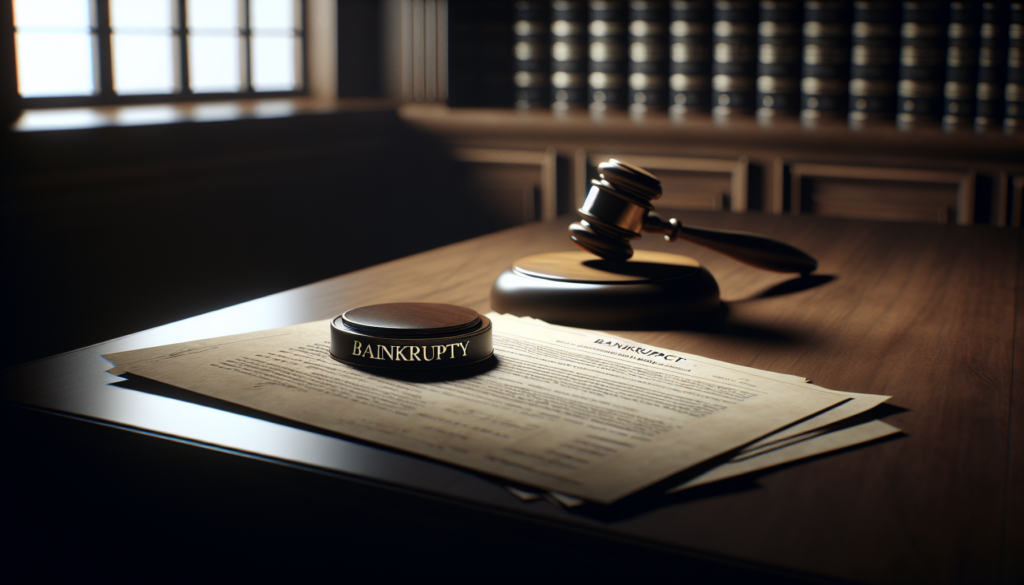
When you find yourself unable to save for the future because your financial resources are fully stretched in managing debt, considering bankruptcy might be a prudent step. Persistent financial strain that hinders your ability to set aside money for long-term goals or emergencies can signal deep-seated financial issues that bankruptcy could address. Here’s how bankruptcy might help in such situations:
Addressing the Inability to Save
- Debt Discharge: Chapter 7 bankruptcy can eliminate most of your unsecured debts, such as credit card balances and medical bills. This discharge can free up income that you can then redirect towards savings and future financial planning.
- Debt Reorganization: Chapter 13 bankruptcy doesn’t erase your debts but reorganizes them into a manageable repayment plan based on your income, potentially lowering your monthly debt payments. This reorganization can provide some breathing room in your budget to start saving.
- Halting Debt Accumulation: By stopping the accrual of interest and penalties on existing debts, bankruptcy can prevent your financial situation from worsening, allowing you to stabilize your finances and focus on future savings.
Signs Bankruptcy Could Be Beneficial
- Living Paycheck to Paycheck: If you’re consistently unable to set aside money for savings because all your income is allocated to debt repayment and living expenses, bankruptcy could offer a way out.
- Using Credit for Basic Needs: Relying on credit cards to pay for essential expenses because your cash is tied up in debt repayments is a red flag indicating that bankruptcy might be worth considering.
- No Emergency Fund: If you’re unable to build an emergency fund due to high debt obligations, bankruptcy could help reset your financial priorities, allowing you to focus on building a safety net.
- Stress and Anxiety: Constant worry about finances and the inability to plan for the future can take a toll on your mental health. Bankruptcy can provide relief and a path to a more secure financial future.
Steps to Take Before Deciding on Bankruptcy
- Financial Assessment: Review your debts, income, and expenses to fully understand your financial situation. This assessment can help determine whether bankruptcy is the best option.
- Explore Alternatives: Consider alternatives like debt consolidation, debt settlement, or financial counseling, which might offer a way to manage your debts without the long-term impacts of bankruptcy.
- Consult with Professionals: Speak with a bankruptcy attorney to understand the implications of filing for bankruptcy and how it would specifically impact your ability to save for the future.
- Credit Counseling: Required before filing for bankruptcy, credit counseling can provide insights into whether bankruptcy is the right choice for your situation.
If your debts are preventing you from saving for the future, creating a constant cycle of financial instability, bankruptcy could provide a way to break free and start focusing on your long-term financial health. By eliminating or reorganizing your debts, bankruptcy can allow you to redirect your financial resources toward building savings, planning for retirement, or establishing an emergency fund, setting the stage for a more secure and financially stable future.


Get a Free Bankruptcy Case Evaluation